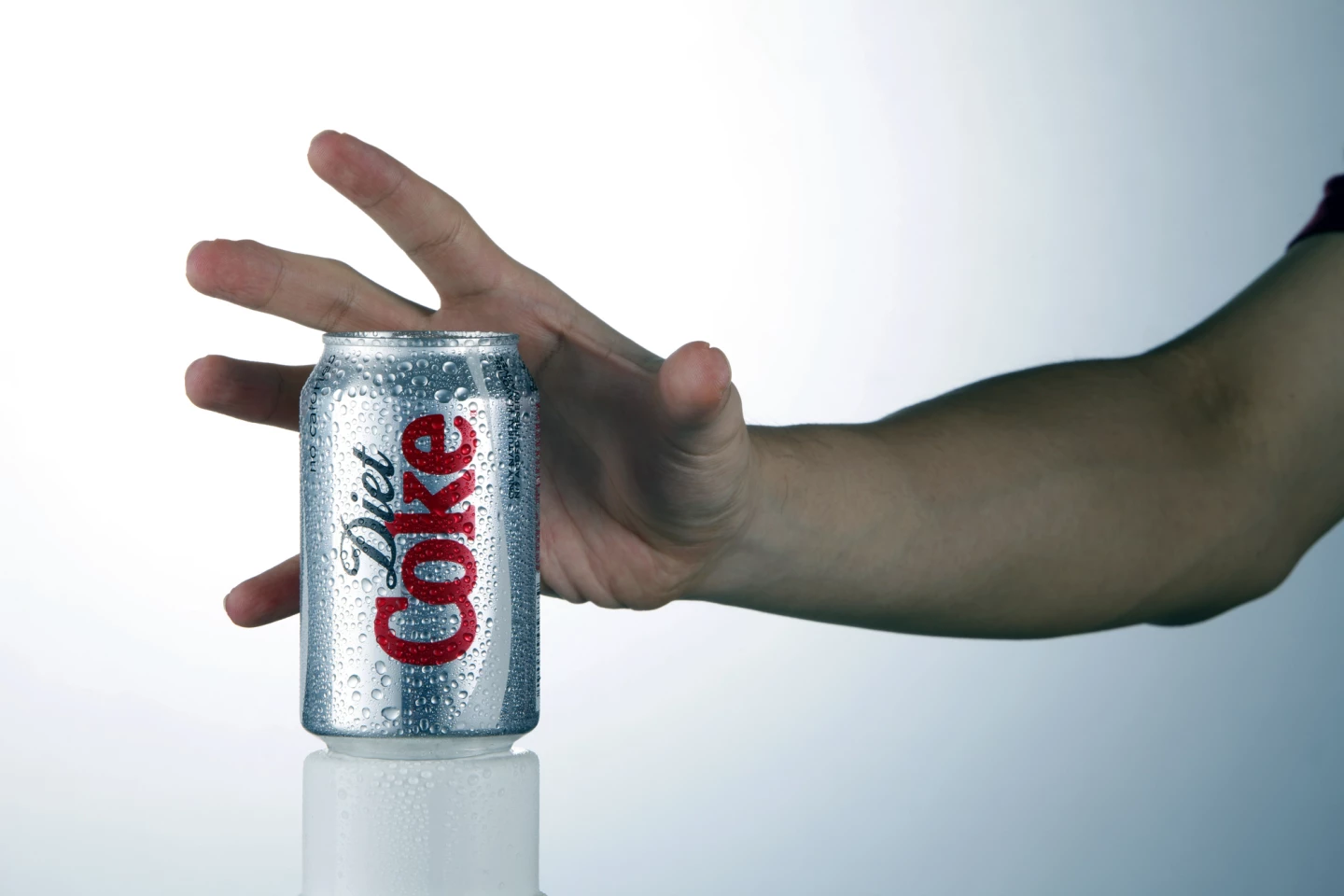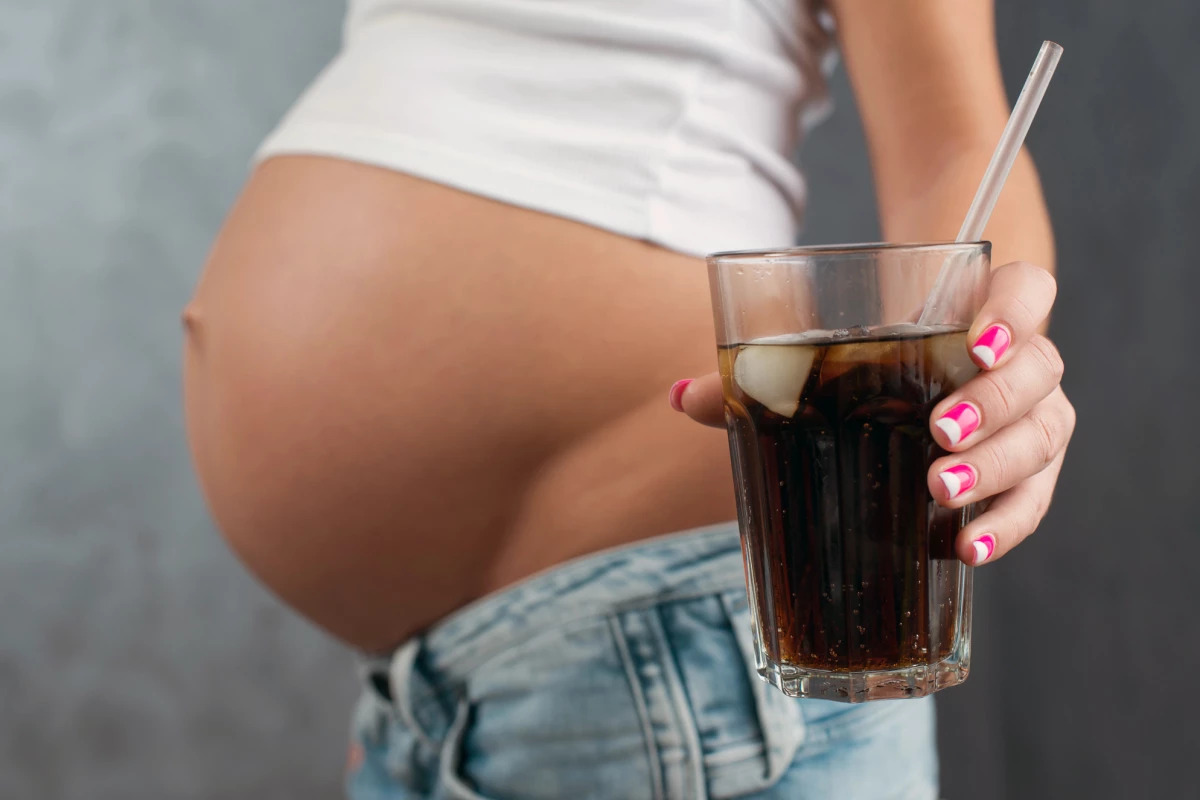Pregnant women who drink five or more diet beverages a week face up to an 88% higher risk of gestational diabetes, according to a major new study linking artificial sweeteners to pregnancy complications.
Gestational diabetes mellitus (GDM) is a kind of diabetes that develops during pregnancy, leading to higher-than-normal blood sugar levels that can produce complications for both mom and baby. It affects 14% of women globally and typically goes away after pregnancy, but it can increase a woman’s risk of developing type 2 diabetes later in life.
In a new study by the University of Adelaide, researchers investigated whether drinking artificially sweetened beverages, or ASBs, like Diet Coke, diet lemonade or sugar-free cordials, before and during pregnancy increased the risk of developing GDM and other pregnancy-related complications.
“The effects of LCS (low-calorie sweetener) intake during pregnancy on health has had mixed results in other studies, so we aimed to look at the association between preconception and pregnancy artificially sweetened beverage intake and adverse pregnancy outcomes such as gestational diabetes, hypertensive disorder of pregnancy, and preterm birth,” said Bereket Gebremichael Menota, lead author of the study and PhD candidate with the University’s School of Agriculture, Food and Wine.
The researchers used data from the Australian Longitudinal Study on Women’s Health (ALSWH), the largest, longest-running population-based study exploring demographic, environmental, behavioral, physical, and biological factors contributing to the health and well-being of over 57,000 Australian women in four age cohorts. A sample of 3,653 women was analyzed to look for an association between GDM and ASBs. Intake of ASBs in the first six months of pregnancy was considered as pregnancy exposure; preconception exposure was limited to one to two years pre-pregnancy.
Women reported how often they drank ASBs before and during pregnancy and the researchers used advanced statistical models to adjust for confounders such as age, body mass index (BMI), smoking, diet, and family history of conditions like diabetes and high blood pressure or hypertension. Intake of ASBs was categorized into four categories: no or rare (less than once a month), mild, moderate, and frequent (five or more drinks a week).
Frequent ASB consumption during pregnancy was linked to an 88% higher risk of GDM compared to no/rare consumption. The researchers noted a dose-response relationship: the more diet drinks consumed, the greater the risk of gestational diabetes. This effect seemed to be partly explained by higher BMI among women who drank more ASBs. Women who frequently drank ASBs possibly had an increased risk of hypertensive disorders of pregnancy, but the results weren’t statistically conclusive. There was no clear link found between ASB consumption and preterm birth.

“Women in the frequent intake group (five or more drinks per week) had a higher pre-pregnancy BMI, were more likely to be current smokers and risky drinkers, reported poorer/fairer health, and were less likely to meet the recommended daily servings of fruit compared to women in the other ASB intake group,” Menota said. “Preconception dietary risk factors, along with other risks, can establish patterns that affect the well-being of the mother and their baby’s long-term health.
“As a result, we can see women adopting lifestyle changes, including diet modification and weight loss, during this period, which can include replacing sugar with low-calorie sweeteners, which can be found in these drinks, as a strategy for weight loss.”
There are limitations to the study. Women self-reported their drink consumption, which may be inaccurate. Only diet sodas and diet cordials were considered, but artificial sweeteners are found in many foods, so the findings may underestimate the risk associated with exposure to ASBs. Drink habits may have changed during pregnancy but weren’t tracked. Different artificial sweeteners (aspartame, sucralose, etc.) may have different effects, but this wasn’t assessed. Importantly, because the study was observational, it can’t say ASBs directly caused complications.
Despite its limitations, the study has important real-world applications, especially the finding that frequent diet drink consumption during pregnancy may increase the risk of GDM, especially in women who already struggle with their weight. The findings could influence dietary recommendations for women planning pregnancy or who are already pregnant. Further studies – randomized controlled trials, ideally – are needed to clarify whether specific artificial sweeteners, or diet drinks in general, are driving these risks.
The study was published in the journal Diabetes Research and Clinical Practice.
Source: University of Adelaide






